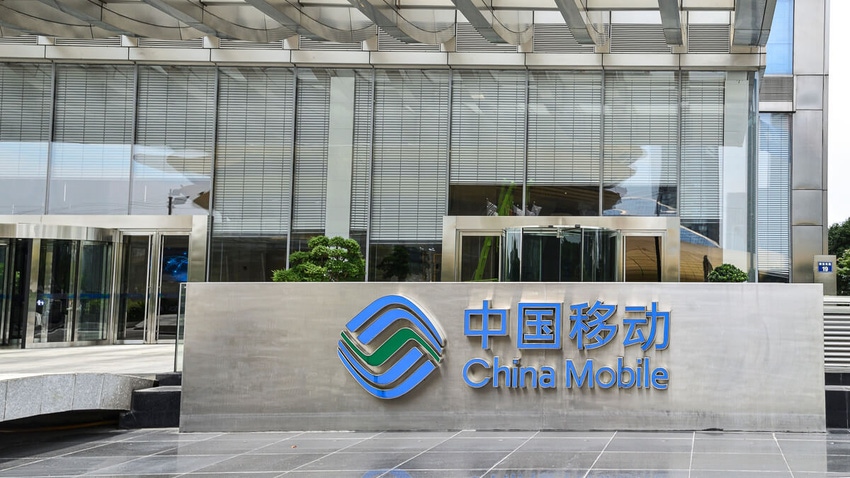
China Mobile and China Unicom have posted another set of healthy full-year numbers – at least by contemporary industry standards.
China Mobile improved revenue 7.7% to 1.009 trillion Chinese yuan (US$140 billion), with earnings up 3.7%. Unicom boosted net profit by 11.8% and topline revenue by 5.0%.
Both companies enjoyed a revenue surge from enterprise and cloud services.
China Mobile's biggest growth drivers were cloud, which grew 66% to RMB83 billion ($11.5 billion), and 5G enterprise, which hiked sales by 30% to RMB47.5 billion ($6.6 billion). It also revealed it had earned RMB5.4 billion ($750 million) in 5G private networking revenue, up 113%.
Its "new business" segment, which covers international, investments and applications, expanded 28% to RMB49.3 billion ($6.9 billion).
China Unicom said it had grown its cloud business by 42% to RMB51 billion ($7.1 billion), while its new computing and digital services business recorded RMB75 billion ($10.4 billion) in sales, up 13%.
But the filings from two of the world's largest telcos contain some red flags for vendors.
First, capex is down and will likely continue to fall. China Unicom capital spending was flat at RMB73.9 billion ($10.3 billion), and it revealed it will slash it this year by RMB8.9 billion ($1.2 billion), or 12%.
Unnerving
China Mobile's capital spending was RMB180.3 billion ($25 billion), a 2.6% decrease over 2022. It said it would cut that by a further 4% in 2024 to RMB173 billion ($23.9 billion).
However, it made an accounting rule change that may well unnerve vendor partners who are already struggling with the post-5G slump in demand.
The China Mobile board on Thursday voted to extend the depreciable life of its 5G assets from seven years to ten years, based on the idea that much of its 5G kit will continue to be deployed after the arrival of 6G at the end of the decade.
Quoting the views of China's national 6G group, known as IMT-2030 (6G), the company said it expects "that 5G network investments shall be reused in 6G network infrastructure to the maximum extent, and therefore it is expected that 5G/6G networks will coexist after commercialization of 6G and 5G equipment will have a relatively long life cycle."
The immediate effect of this decision will be to hack a massive 18 billion yuan ($2.5 billion) out of China Mobile's depreciation bill this year.
But it is also the first time any major telco has formally declared that not only is it reluctant to splash on 6G equipment, but that it also intends to sweat its 5G assets as long as possible.
There's a fair chance China Mobile won't be the only operator making this change. It may be arcane, but it sends a clear warning that in the wake of the 5G binge, telcos have little appetite for big technology bets without a clear ROI.
Read more about:
AsiaAbout the Author(s)
You May Also Like




_International_Software_Products.jpeg?width=300&auto=webp&quality=80&disable=upscale)







